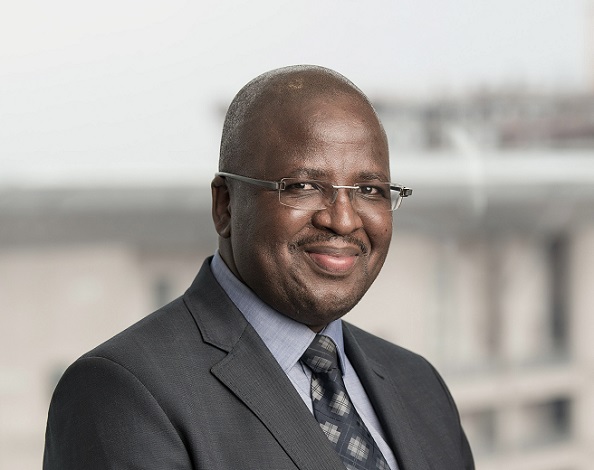Get Focus insights straight to your inbox
As a corporate social investment (CSI) practitioner with a keen interest in facilitating the active economic participation of people through education, I am constantly struck by the frustratingly slow pace of meaningful change in many South Africans’ lives.
Notwithstanding the grave socioeconomic implications of certain Covid-19 decisions, the pandemic provides an opportunity for meaningful engagement around innovative options to bring about much-needed, broader societal transformation.

The effect of Covid-19 measures on the public education sector was particularly acute. We encountered a litany of challenges when transitioning Investec’s maths and science tuition programme, Promaths, from a high-touch, face-to-face intervention to an exclusively online experience. Obstacles ranged from access to suitable devices to the high cost of data, to serious connectivity issues (further worsened by frequent spells of load-shedding)
Promaths first began in Dobsonville, Soweto, 15 years ago and to date about 8,000 pupils have been through the programme. And despite the unprecedented challenges in 2020, the programme recorded 383 distinctions in maths and 395 distinctions in physical science — respectively a 5% and 6% contribution to the total number of national distinctions.
While proud that 90% of the matriculants on the programme achieved a university pass, we cannot ignore that there is so much more to be done.
As teaching and learning moved online, the degree of inequality between the “haves” and the “have-nots” was exposed for all to see and the country was found wanting.

Sadly, the most impoverished and disadvantaged among us had to withstand the worst of the Covid-induced educational challenges and disruptions.
There are university bursary recipients with whom I engage that are at pains to remind me how a university campus provides a much-needed escape from spaces that are wholly inconducive to their academic aspirations. Educators have also pointed out that we cannot take digital literacy for granted. Many teachers are extremely anxious about being exposed, even disempowered, when engaging digitally with their pupils.

It’s vital that the skills required to educate pupils digitally form part of the training curriculum of our teachers, as well as part of their ongoing professional development.
Educators should be comfortable to embrace technology and take full advantage of it to facilitate teaching and learning. Teachers need to be afforded time on these new learning platforms to build and boost their own ability and confidence. It is essential that teachers are both proficient and comfortable in teaching via various technological devices that serve to enhance their teaching and the pupils’ experience.

Given the levels of unequal access to resources, online learning and teaching from home is easier said than done. With the various challenges, online education in its current form, and with its ancillary dependencies, is not the silver bullet we would like it to be. We therefore cannot allow last year’s experience to be lost to the passing of time.
The challenges faced by a digitally handicapped education system in 2020 should present the nation with an opportunity. Ignoring the dire need to bridge the digital divide will only compound the problems faced by our public education system.

We need to urgently explore new and innovative ways to not only bridge, but leapfrog, the digital divide. It is unconscionable that so many years after the advent of democracy that the cost of data, poor connectivity and other related challenges remain real barriers to widespread digital adoption.
Presently, the sad reality is many young South Africans may never achieve their full education and career potential. The uneven access to internet connectivity stands in the way of meaningful engagement among citizens, broad-based societal development, and global competitiveness.
What is required is a definitive shift in policy, strategy and programme implementation nationally to narrow the digital divide. Without it, the country and its people, as a whole, will continue to struggle. As we come to terms with the so-called new “normal” we should all feel compelled to find solutions to assist our public education sector to navigate across the digital divide.




